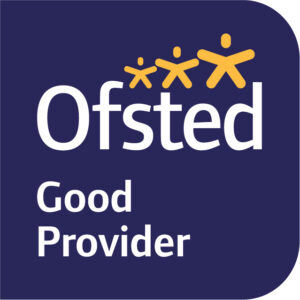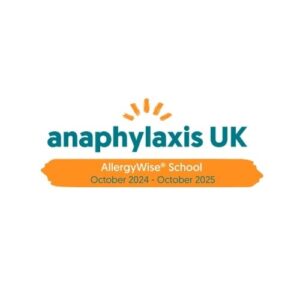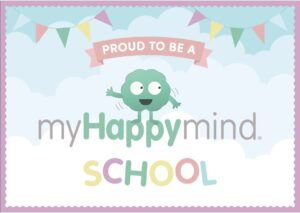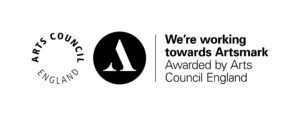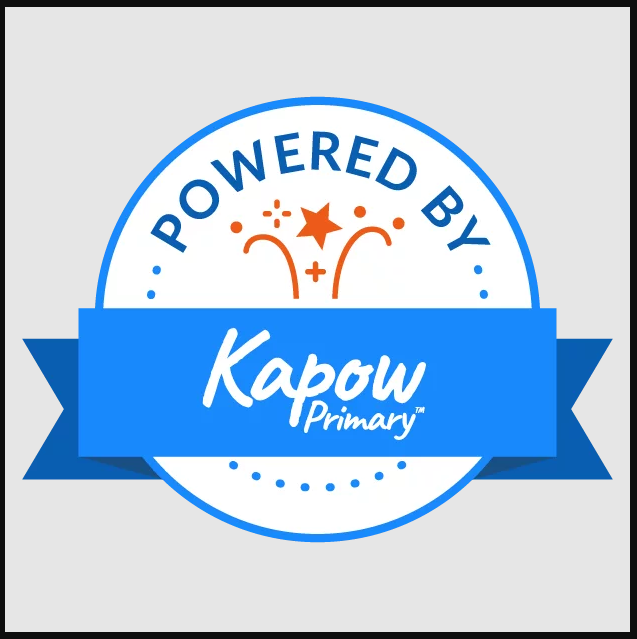Pupil Premium & Recovery Premium Funding
Pupil Premium was introduced by the Department for Education (DfE) in 2011, as additional funding for pupils that fall into one of the following categories:
- Low-income families
- Looked After Children
- Armed Forces families.
Joydens Wood Infant School recognises that providing children with a range of experiences which ensure they have the essential knowledge to prepare them for their future success, enables them to have the best possible start to their early education (cultural capital). It is essential for us to ensure our curriculum enhances the opportunities available to all pupils but, in particular, the most disadvantaged.
The Pupil Premium Funding is just one way that supports us in making that possible. The funding is additional to the School’s Main Budget and the DfE have stated that schools have the right to spend this funding as they see fit based upon their knowledge of pupil needs. At Joydens Wood Infant School, the funding is used to target inequalities and support the learning and personal development of the most vulnerable children. We do this in a number of ways but, primarily, through the support and provision implemented by Miss Vinton, our Pupil Premium Leader and our Operations & Safeguarding Manager, Mrs Adams, and through our Social, Emotional and Mental Health Provision, and Quality First Teaching.
The support provided for disadvantaged children is extensive and includes, but is not exhaustive of: bespoke interactions and supportive intervention for our most vulnerable pupils, direct support and communication with our parents, whether it is a simple reassuring conversation, assistance with completing paperwork for outside agencies, signposting to external resources, providing parent forums, being available at school events or working closely with our NHS Wellbeing Practitioner, who attends our school once a week.
The support provided is extensive and includes, but is not exhaustive of: bespoke interactions and supportive intervention for our most vulnerable pupils, direct support and communication with our parents, whether it is a simple reassuring conversation, assistance with completing paperwork for outside agencies, signposting to external resources, providing parent forums, being available at weekly Afternoon Teas or working closely with our NHS Wellbeing Practitioner, who attends our school once a week.
Our Social, Emotional and Mental Health Provision targets children’s personal development through a range of carefully planned interventions, such as:
- Draw and Talk
- LEGO Therapy
- Emotional Literacy Groups
- Social Skills Groups
These interventions target children’s personal, social and emotional development, with particular emphasis on their social communication skills, understanding their own and other’s emotions, working in a team and learning how to effectively communicate their wants and needs in a small group, turn-taking situation. All of these skills are then carefully monitored regarding their transference back into the classroom and into natural social situations.
